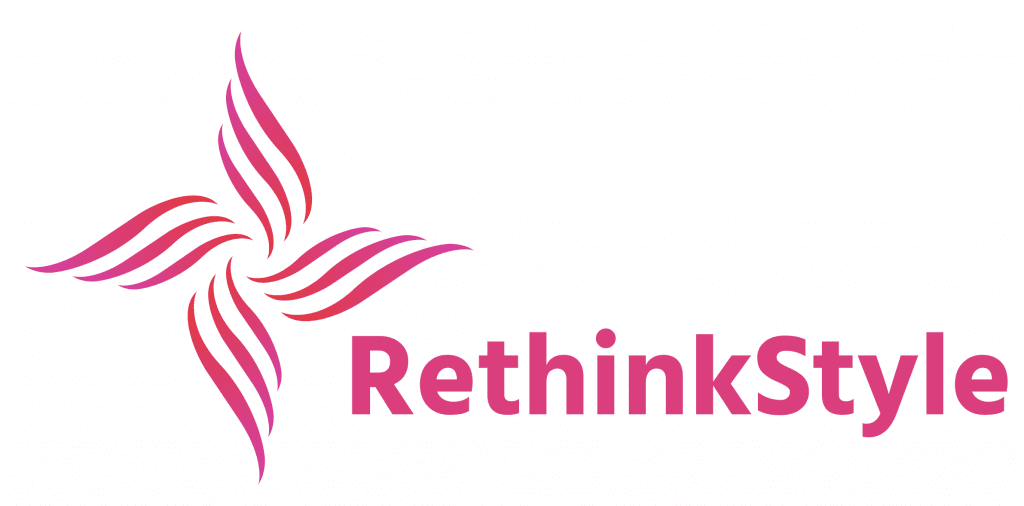The lives of each and every single one of us involve work in some capacity. Our income makes sure the lights are kept on, that there is food on the table, and that the rainy-day fund is fully stocked. In the unpredictable and hectic corporate environment of today, finding a balance between work and life is no simple undertaking.
It’s getting harder and harder to keep professional, and as we become increasingly connected via technology and social media, our personal lives are impacted in an even greater way. We frequently work on our laptops on the weekends and check our emails at all hours of the day – and night. How did this become the norm?
What is work-life balance?

The ability of an individual to fulfill their obligations to work, family, and other non-work-related responsibilities and activities is known as work-life balance. Leisure refers to activities that are done outside of work hours, whereas free time is, by definition, not dedicated to any activity. The challenge in defining work-life balance is that each of these elements might influence whether an individual thinks they have attained it. Giving each of these things equal time is not how you achieve balance. Instead, it is being able to devote enough time, effort, and thinking to ensure that others are content.
The Netherlands appears to have the lowest percentage of workers who put in long hours globally, indicating that different nations have different work ethics. Spain, France, and Denmark are all highly ranked.

Most full-time workers in the USA work more than 8 hours each day, placing the country 30th out of 38 when work-life balance is considered. More than 10 percent of Americans reported working more than 50 hours a week, and two-thirds felt their lives lacked balance.
Here are some more reasons why work-life balance is important for your people and your organization:
Work-life balance helps maintain mental health
Having a healthy work-life balance means that employees will be happier when they come to work. This, in turn, helps reduce stress and the chances of burnout, two common health issues in the workplace.  energepic.com/ Pexels | Strive not to be a success, but rather, to be of value
energepic.com/ Pexels | Strive not to be a success, but rather, to be of value
-
Chronic stress occurs when employees are continuously stressed. It can lead to mental health issues such as depression, anxiety, and insomnia, as well as physical health issues including chronic aches and pains, heart troubles, and hypertension.
- Burnout happens when an employee suffers too much stress over a long period of time. Burnout can cause anything from mood swings and irritability to fatigue and decreased productivity. It can lead to employees seeking health care or taking sick days, which in turn can become costly for a company.
It increases productivity
To be productive, employees must be in a company. When employees’ work-life balance is stable, they will be considerably happy at work, which is where the significance of work-life balance comes into play. As a result, productivity increases. Even if staying up late and working extra hours may appear to increase productivity, the work is almost certainly of lower quality.




